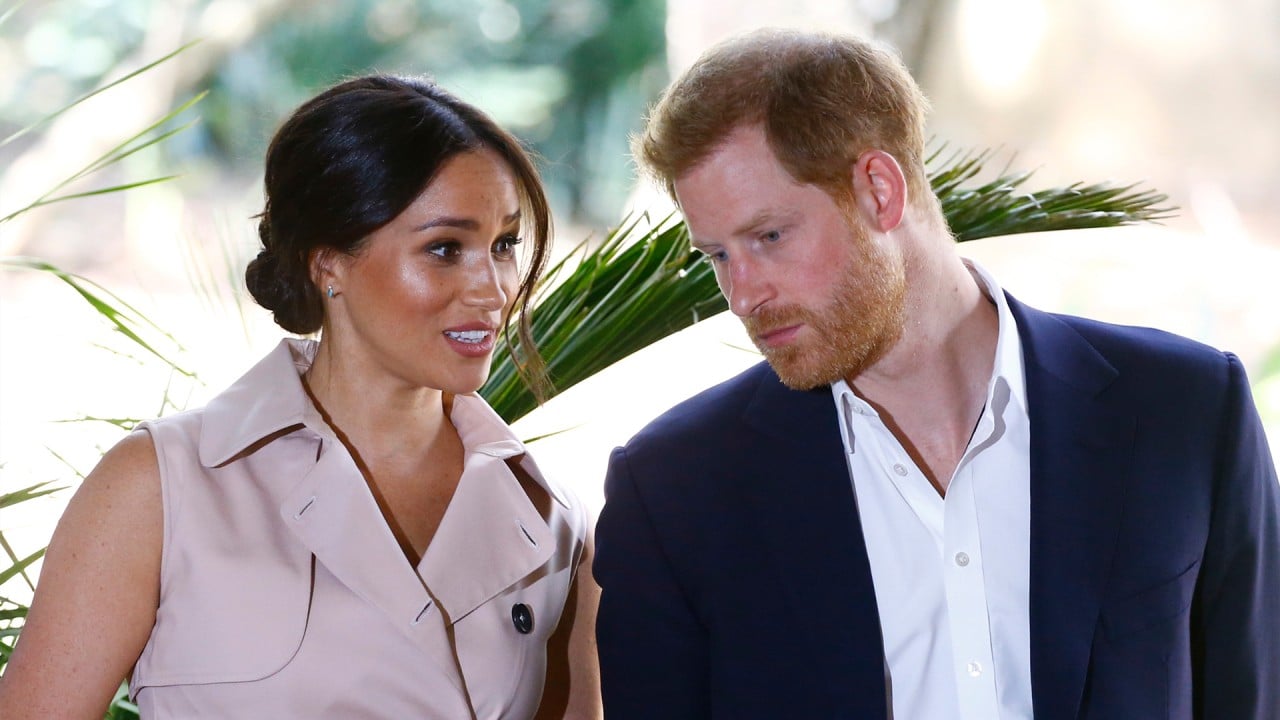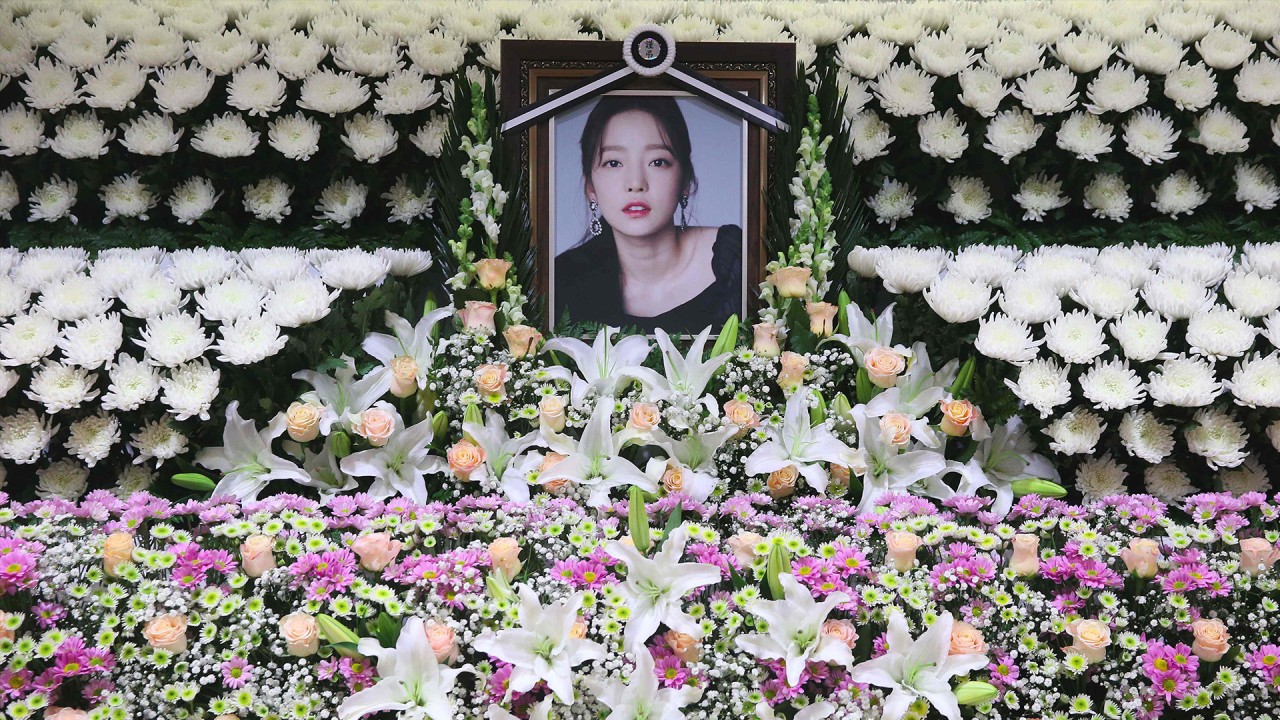
Naomi Osaka and Prince Harry’s mental health struggles are not something to be ridiculed
- A mental health crisis is brewing across continents, cultures and generations, and it is being made worse by the pandemic
- Neither hatred nor apathy is going to help the healing process. Instead, we can all fight it with empathy
Well, “haters gonna hate”, and Prince Harry’s media haters are going to keep at it. In a recently released mental health docuseries, the Duke of Sussex talked openly about his mental health struggles: the panic attacks, severe anxiety, burnout and substance abuse. And, for that, he was called a hypocrite and other not-so-nice things.
The prince probably expected it, knowing that sort of reaction would just serve to reinforce the stories of trauma he has been telling. But to brush off his candour about a difficult subject and dismiss it as “psychobabble” is toxic; to call him “self-pitying” is bullying and harassment.
The Japanese tennis star had been fined for refusing to take part in a press conference after winning a first-round match at the French Open against Romanian Patricia Maria Tig, and was threatened with expulsion from the tournament. This led to Osaka’s announcement that she was going to “take some time away from the court now”.

01:18
Prince Harry and Meghan stepping back hits Chinese social media
Osaka’s withdrawal from the French Open was, again, a cue for over-the-top media clowns to run onstage and serve up more meanness. Piers Morgan slammed her as “world sport’s most petulant little madam” and the lead sportswriter of The Telegraph criticised her “diva behaviour”. On the other hand, Osaka has also inspired some serious and thoughtful discussions about mental health.
Who is Naomi Osaka?
She has admitted that her first Gram Slam title “wasn’t necessarily the happiest memory”. In the three years since then, she has “suffered long bouts of depression” and news conferences give her “huge waves of anxiety”.
So, self-preservation and choosing to look after one’s mental health is definitely not “diva behaviour”, and to suggest otherwise is to belittle a human being for being human. Yet, such comments have unfortunately become acceptable. If anyone has failed, it is the tournament organisers who did not step in when the media acted inappropriately and became unnecessarily hurtful.

06:35
Coronavirus: South Korea sees surge in suicide rate among young women during the Covid-19 pandemic
Across the Asia Pacific, working adults are suffering from increased burnout and anxiety. Young people have to deal with not only academic pressure but also the stress of prolonged social isolation during the pandemic.
In the United States, a leading children’s hospital has declared a “state of emergency” for paediatric mental health, with a 90 per cent increase in demand for behavioural health treatment over the past two years – mostly for children and youth attempting suicide.
This is clearly a global issue that affects people across continents, cultures and generations. Resilience cannot be built when someone is repeatedly ridiculed, or simply sent away with a “get over it” Band-Aid. In the midst of a mental health pandemic, neither belittlement nor apathy is going to help the healing process.
Instead, we can all fight this pandemic with empathy. And it starts with each and every one of us making it a point to be kind and holding ourselves responsible.
Alice Wu is a political consultant and a former associate director of the Asia Pacific Media Network at UCLA

